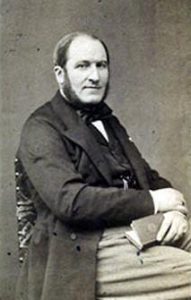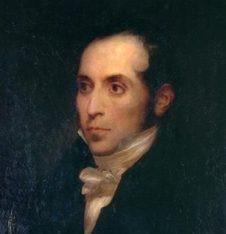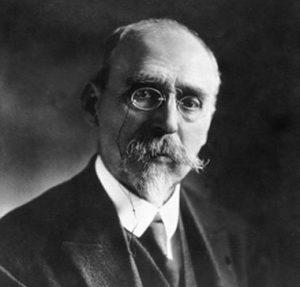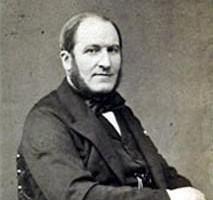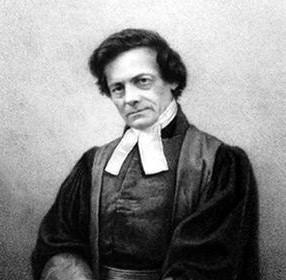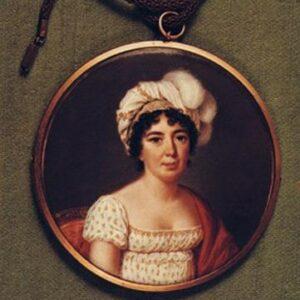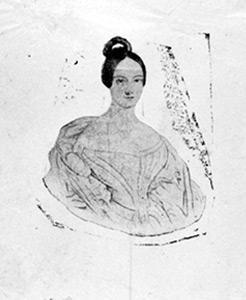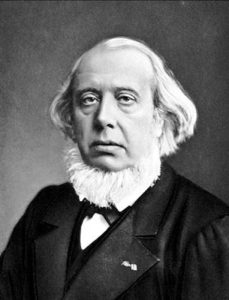Partisans and opponents
The Protestant attitude towards Louis-Napoléon and the Second Empire was ambiguous and mirrored this style of Bonapartism and its revolutionary as well as conservative attitudes : for some (in the West and South-West of Fance) Bonapartism was synonymous of anti-clericalism and religious freedom, while for others, (in the South-East) the rising alliance between Throne and Altar had to be resisted ; Protestants who remembered the White Terror greatly contributed to creating the image – long associated with the electoral preferences of this Huguenot territory – of the « red South ».
Protestants, as a whole of rural origin, were hostile to clericalism and suspicious of the Catholic aristocracy who tended to dominate rural social life in some parts of the country. For the Huguenot bourgeoisie likewise, the regime remained too authoritarian and clerical – and this in spite of the presence of Haussmann, a Lutheran, as the Paris Préfet, and of Achille Fould, a Jew converted to Protestantism, as Minister of Finance.
While the Catholic clergy remained hostile to political liberalism, condemned by the Vatican in 1864 (Encyclical Letter Quanta cura et Syllabus), Protestants remained « Orleanists », and therefore of a liberal tendency.
Under the Second Empire however, the consistorial organization of the Protestant Church was somewhat relaxed. During the same period, the Italian policy of Napoléon III perturbed the temporal power of the Pope, thereby causing a radicalisation amongst Catholics. Moreover, in regions where the Huguenot community was important, the authorities were often shrewd enough to present members of the Reformed Church as candidates for the elections. The general elections of 1869 were held in a climate of freedom, and the Protestant vote for the restored Republican Party was motivated more by anti-clericalism and a real desire to defend the Protestant community than by any sympathy for left-wing ideas.
During this period, some Protestants, such as Jean-Jules Clamageran and Edouard Scherer, joined the ranks of active republicans. As for Ferdinand Buisson, he was in Switzerland.

